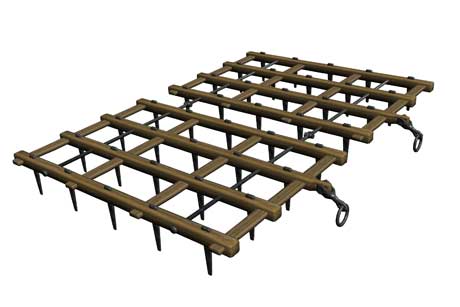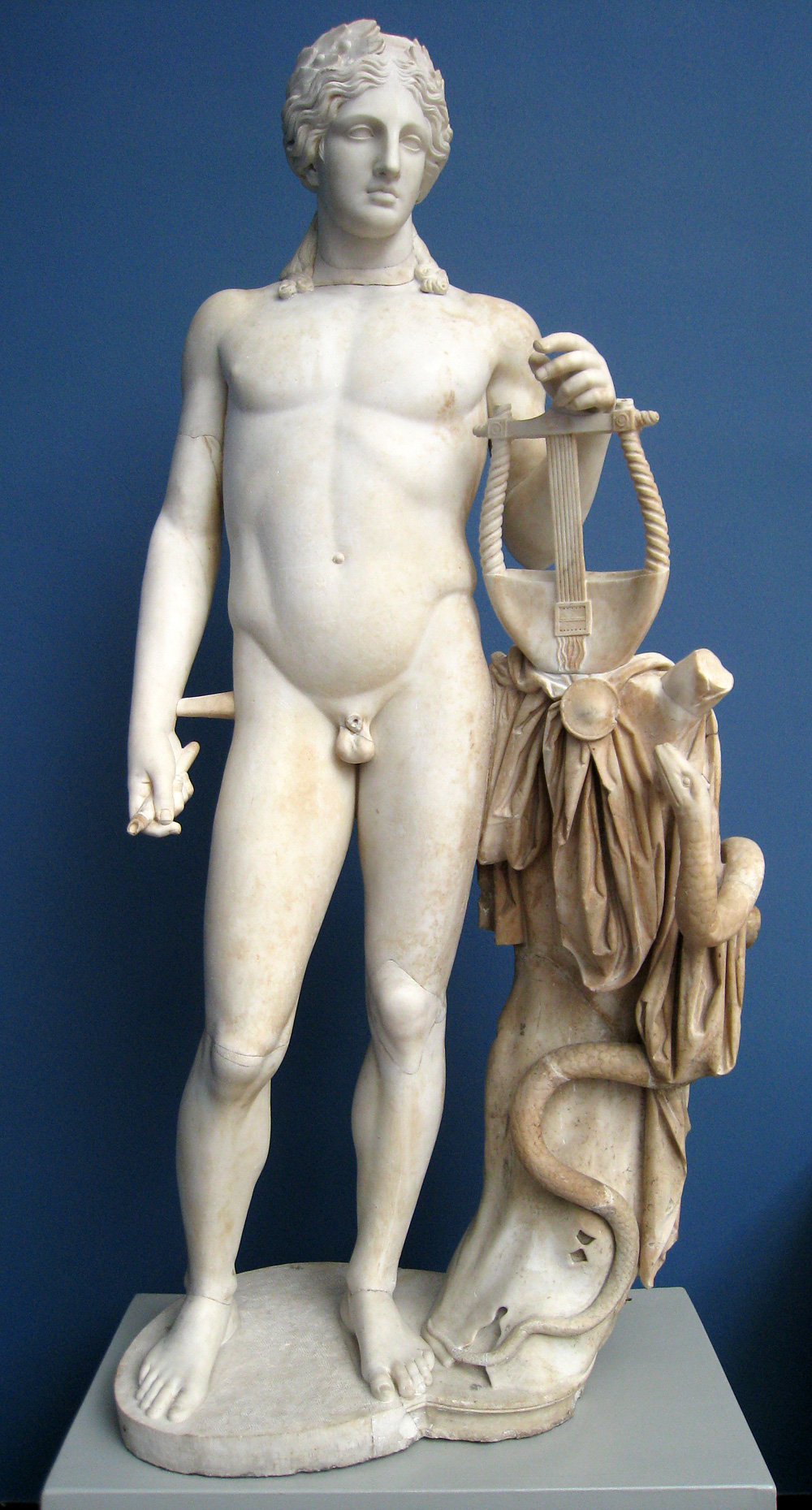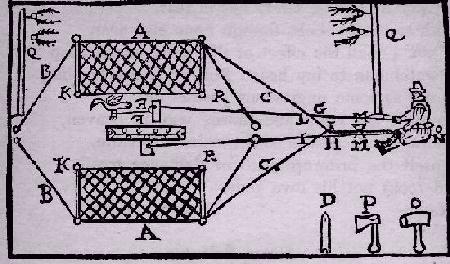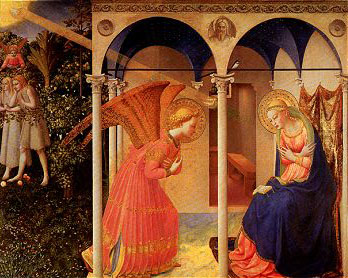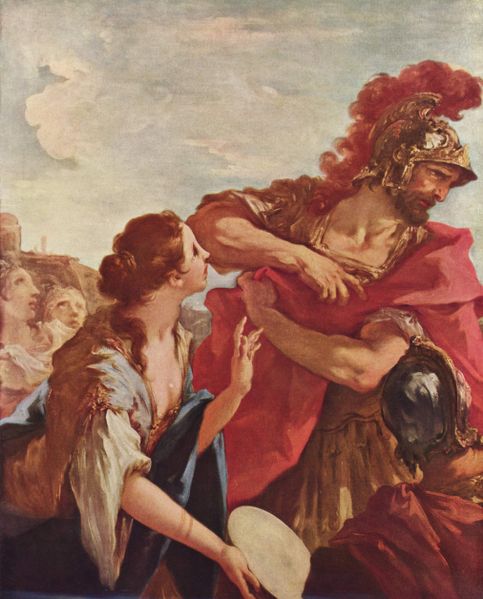 scene
scene
 act
act
 back
next
back
next
 scene
scene
 act
act
 back
next
back
next
 scene
scene
 act
act
 back
next
back
next
 scene
scene
 act
act
 back
next
back
next
 scene
scene
 act
act
 back
next
back
next
 scene
scene
 act
act
 back
next
back
next
 scene
scene
 act
act
 back
next
back
next
 scene
scene
 act
act
 back
next
back
next
 scene
scene
 act
act
 back
next
back
next
 scene
scene
 act
act
 back
next
back
next
 scene
scene
 act
act
 back
next
back
next
 scene
scene
 act
act
 back
next
back
next
 scene
scene
 act
act
 back
next
back
next
 scene
scene
 act
act
 back
next
back
next
 scene
scene
 act
act
 back
next
back
next
 scene
scene
 act
act
 back
next
back
next
 scene
scene
 act
act
 back
next
back
next
 scene
scene
 act
act
 back
next
back
next
 scene
scene
 act
act
 back
next
back
next
 scene
scene
 act
act
 back
next
back
next
 scene
scene
 act
act
 back
next
back
next
 scene
scene
 act
act
 back
next
back
next
 scene
scene
 act
act
 back
next
back
next
 scene
scene
 act
act
 back
next
back
next
 scene
scene
 act
act
 back
next
back
next
 scene
scene
 act
act
 back
next
back
next
 scene
scene
 act
act
 back
next
back
next
 back
next
back
next
 back
next
back
next
 back
next
back
next
 back
next
back
next
 back
next
back
next
 back
next
back
next
 back
next
back
next
 back
next
back
next
 back
next
back
next
 back
next
back
next
 back
next
back
next
 back
next
back
next
 back
next
back
next
 back
next
back
next
 back
next
back
next
 back
next
back
next
 back
next
back
next
 back
next
back
next
 back
next
back
next
 back
next
back
next
 back
next
back
next
 back
next
back
next
 back
next
back
next
 back
next
back
next
 back
next
back
next
 back
next
back
next
 back
next
back
next
 back
next
back
next
 back
next
back
next
 back
next
back
next
 back
next
back
next
 back
next
back
next
 back
next
back
next
 back
next
back
next
 back
next
back
next
 back
next
back
next
 back
next
back
next
 back
next
back
next
 back
next
back
next
 back
next
back
next
 back
next
back
next
 back
next
back
next
 back
next
back
next
 back
next
back
next
 back
next
back
next
 back
next
back
next
 back
next
back
next
 back
next
back
next
 back
next
back
next
 back
next
back
next
 back
next
back
next
 back
next
back
next
 back
next
back
next
 back
next
back
next
 back
next
back
next
 back
next
back
next
 back
next
back
next
 back
next
back
next
 back
next
back
next
 back
next
back
next
 back
next
back
next
 back
next
back
next
 back
next
back
next
 back
next
back
next
 back
next
back
next
 back
next
back
next
 scene
scene
 act
act
 back
next
back
next
 scene
scene
 act
act
 back
next
back
next
 scene
scene
 act
act
 back
next
back
next
 scene
scene
 act
act
 back
next
back
next
 scene
scene
 act
act
 back
next
back
next
 scene
scene
 act
act
 back
next
back
next
 scene
scene
 act
act
 back
next
back
next
 scene
scene
 act
act
 back
next
back
next
 scene
scene
 act
act
 back
next
back
next
 scene
scene
 act
act
 back
next
back
next
 scene
scene
 act
act
 back
next
back
next
 scene
scene
 act
act
 back
next
back
next
 scene
scene
 act
act
 back
next
back
next
 scene
scene
 act
act
 back
next
back
next
 scene
scene
 act
act
 back
next
back
next
 scene
scene
 act
act
 scene
scene
 act
act
 back
next
back
next
 back
next
back
next
 back
next
back
next
 back
next
back
next
 back
next
back
next
 back
next
back
next
 back
next
back
next
 back
next
back
next
 back
next
back
next
 back
next
back
next
 back
next
back
next
 back
next
back
next
 back
next
back
next
 back
next
back
next
 back
next
back
next
 back
next
back
next
 back
next
back
next
 back
next
back
next
 back
next
back
next
 back
next
back
next
 back
next
back
next
 back
next
back
next
 back
next
back
next
 back
next
back
next
 back
next
back
next
 back
next
back
next
 back
next
back
next
 back
next
back
next
 back
next
back
next
 back
next
back
next
 back
next
back
next
 back
next
back
next
 back
next
back
next
 back
next
back
next
 back
next
back
next
 back
next
back
next
 back
next
back
next
 back
next
back
next
 back
next
back
next
 back
next
back
next
 back
next
back
next
 back
next
back
next
 back
next
back
next
 back
next
back
next
 back
next
back
next
 back
next
back
next
 back
next
back
next
 back
next
back
next
 back
next
back
next
 back
next
back
next
 back
next
back
next
 back
next
back
next
 back
next
back
next
 back
next
back
next
 back
next
back
next
 back
next
back
next
 back
next
back
next
 back
next
back
next
 back
next
back
next
 back
next
back
next
 back
next
back
next
 back
next
back
next
 back
next
back
next
 back
next
back
next
 back
next
back
next


